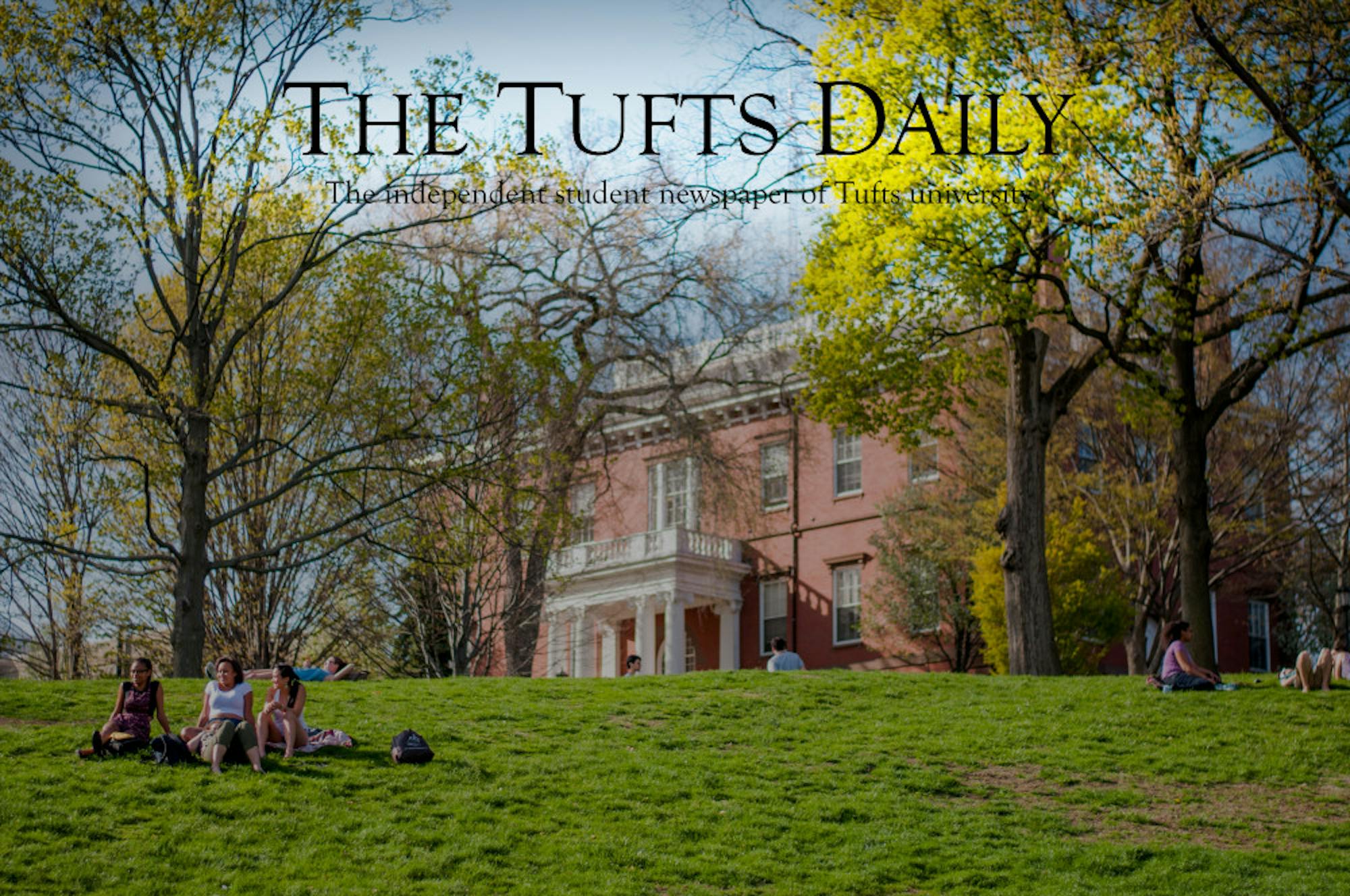The legendary Yo-Yo Ma paid a visit to Boston last week, performing as a soloist with the Boston Symphony Orchestra (BSO). It’s hard to imagine another musician who that has so fluidly bridged the worlds of classical and popular music, and few empty seats were seen in Symphony Hall — proof of Ma’s superb reputation.
On the program was Prokofiev’s Suite from “Love for Three Oranges,” Op. 33bis; Shostakovich’s Cello Concerto No. 1 in E-flat, Op. 107 and Richard Strauss’s “Ein Heldenleben,” Op. 40. All three of the pieces, led by energetic French conductor St?phane Den?ve, boasted massive ensembles and include additional instruments — in the wind and brass sections of “Ein Heldenleben,” for example, there are eight horns. It was a treat for the audience to hear such extensive ensembles fill the large space of Symphony Hall.
Prokofiev’s Suite from “Love for Three Oranges” consists of six short movements. In this work, each movement is an illustration of the characters and events from Prokofiev’s rarely performed opera. The piece as a whole is quite quirky, possessing a myriad of exciting sound imagery — with its strong, recognizable themes it was a joy to listen to. The fifth movement, “The Prince and the Princess,” featured a heartbreakingly beautiful viola solo played impeccably by Cathy Basrak. Although somewhat muted, she still managed to project the clear tone of her viola to every corner of the vast venue. The entire work has not been performed by the BSO since its premiere in 1926, which was also the first American performance of the suite. Under the direction of Den?ve, the orchestra expertly expressed the playfulness of the piece, making for a truly fantastic opening.
After a brief break to prepare the stage, Ma stepped out to thunderous applause. Shostakovich’s Cello Concerto No. 1 in E-flat, Op. 107, is a staple of his repertoire. Originally written for Mstislav Rostropovich, another legendary cellist and also one of Shostakovich’s students at the Moscow Conservatory, the piece is nothing less than impressive. Ma toned back his usual demonstrative expressions in the first movement, reflecting on the tone of the piece. Shostakovich was writing under the heavy, repressive hand of the former Soviet Union, and his pieces often hold a dry, ironic sentiment.
But in the second movement, concertgoers saw the Ma they were familiar with. Marked “espressivo,” the movement allowed Ma the breadth to perform with his typical intense emotion. Sitting in the audience, one could hear Ma breathing heavily in tandem with the rhythm of his playing. Den?ve and the orchestra complemented Ma perfectly, supporting his sound when needed and, in other moments, disappearing to the very recesses of the room. In the third movement — a rhapsodic cadenza for the soloist — the audience watched as Ma poured nearly all his effort into his performance, and by the end of the fourth movement — a furious Allegro con moto — Yo-Yo Ma seemed as if he and his cello were about to roll off the stage in the midst of the physical intensity of his playing. Overall, the work was superbly rendered and rightly rewarded with an energetic standing ovation.
The second half of the program consisted of Richard Strauss’s “Ein Heldenleben,” Op. 40. A mammoth romantic piece, this programmatic work tells the life of a hero throughout its many technically demanding pages. The piece features many portions of the orchestra individually — particularly winds and brass — as well as an extensive violin solo. First horn player James Sommerville led the orchestra in the incredibly difficult recurring motif of the hero himself. The orchestra as a whole played vigorously, holding nothing back in order to give Strauss’s work the full effect of its triumphant story. Den? deftly led the BSO through the night and commanded the attention of the audience for the duration of the performances. His high-level energy, along with those of all the BSO musicians, was present even until the last notes of “Ein Heldenleben.”






